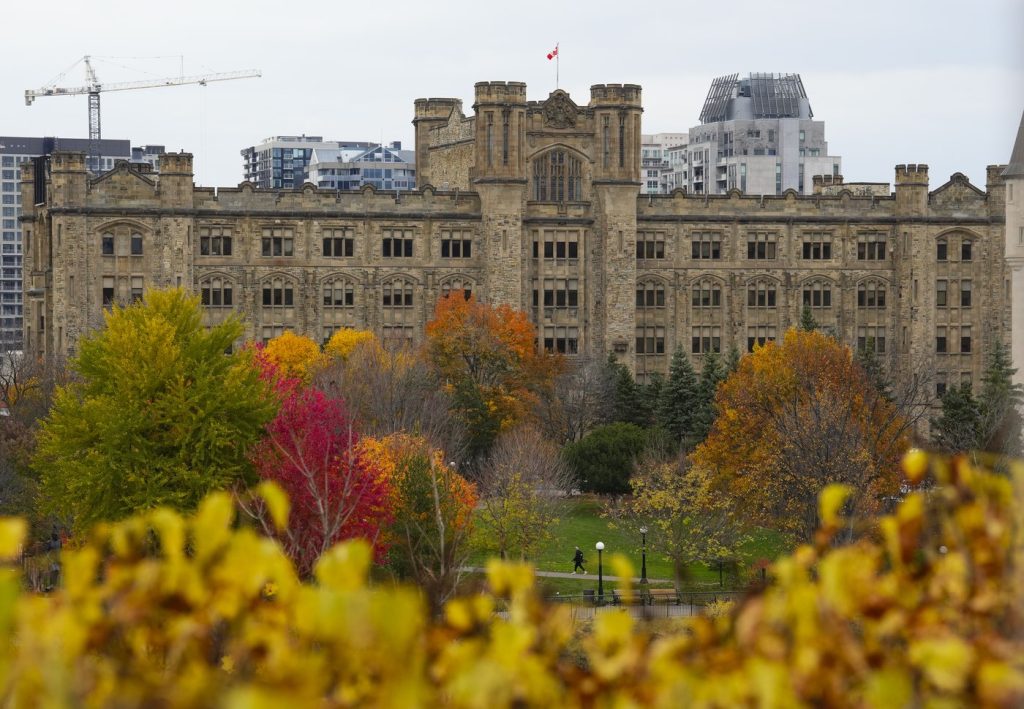IWK seeing increase in respiratory virus as cold and flu season arrives
Posted Dec 13, 2021 01:36:36 PM.
NEWS RELEASE
COVID-19/HEALTH/WELLNESS
*************************
With the arrival of cold and flu season in Nova Scotia, many children are coming to the IWK Health Emergency Department with cold symptoms, commonly resulting from RSV.
“The most common virus we are currently detecting in young infants is respiratory syncytial virus (RSV) which can cause laboured breathing, fever, cough and runny nose,” says Dr. Andrew Lynk, chief, Pediatrics at IWK Health.
RSV infects the lungs and airways. It causes colds and is the most common cause of bronchiolitis in young infants and toddlers. In younger children it can present as respiratory distress. Infants with RSV may also feed poorly. Most children will feel better in 10-14 days and some will need care at a hospital for monitoring, fluids and oxygen as needed.
“Most children will have an RSV infection by the age of two and many will only experience a mild infection and don’t require medical attention,” says Dr. Katrina Hurley, chief, Emergency Department at IWK Health. “However, in some cases, children should be assessed by a health care provider and potentially admitted to hospital for care because of trouble breathing.”
Children are more likely to catch the virus during RSV season from November to April when it is most active. There is no specific treatment for RSV and health care providers are not able to “catch it early” so-to-speak. Therefore, treatment given to children with RSV is supportive, rather than preventative.
There are many ways to prevent young infants from getting a cold or the flu. These include:
- keeping young infants away from people who are coughing or sick, or crowds;
- keeping all vaccines up to date (including influenza vaccine for infants older than six months old, and COVID-19 for those eligible to receive it)
- frequent hand washing
- ensuring children aged six months and older, and all family members, receive their annual flu shots in the coming weeks
Unlike COVID-19, RSV is not routinely tested for so patients should not expect to receive testing or swabs for RSV in the Emergency Department.
For more information about RSV and how to protect infants, please refer to the following resources.
- IWK Health: Respiratory Syncytial Virus (RSV) Information for Parents
- Caring For Kids: colds in children
- Caring For Kids: RSV (Respiratory syncytial virus)
*************************








